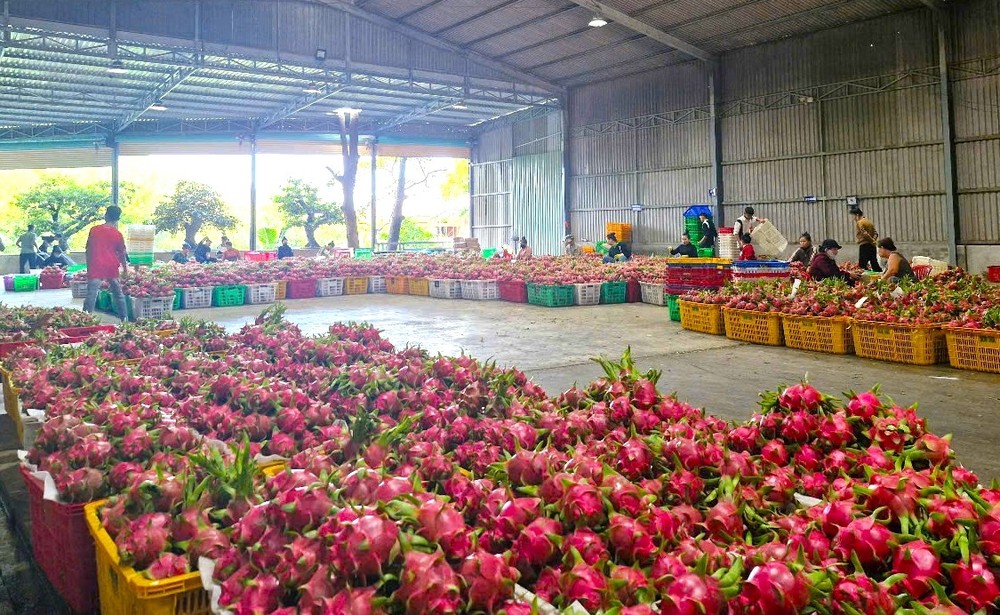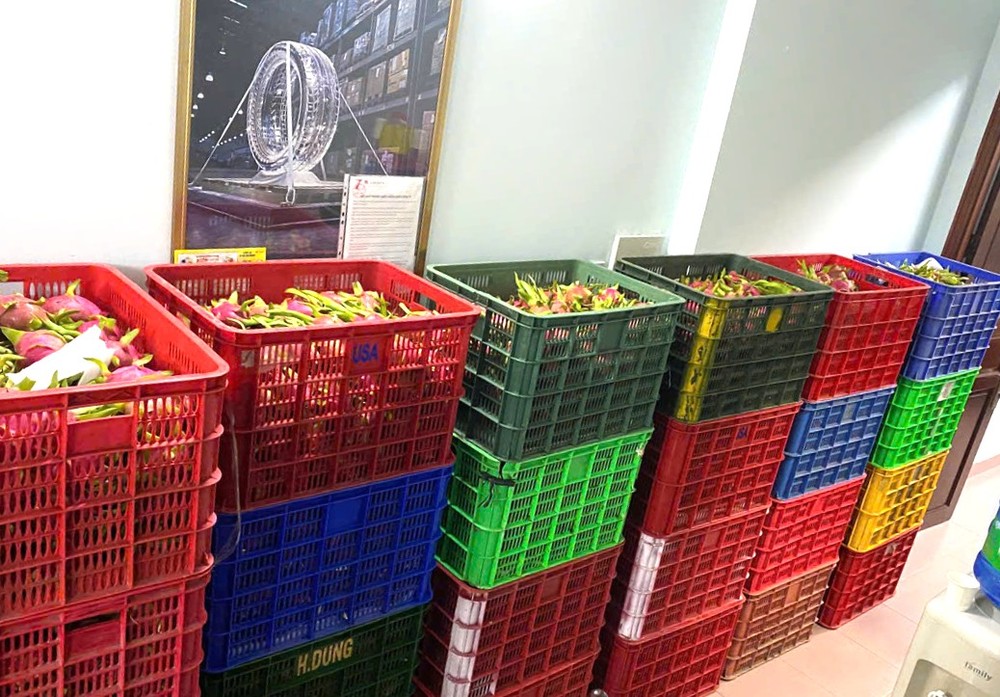
Following the Prime Minister's urgent directives to address the obstacles faced by businesses exporting dragon fruit and black pepper to Europe, Associate Professor Pham Khanh Phong Lan, Director of the Ho Chi Minh City Food Safety Authority (FSA), announced yesterday that export documentation had been processed for five fruit and vegetable exporters under special provisions.
A significant shift in the oversight of exported plant food safety inspections is underway following the promulgation of Circular No. 12/2025/TT-BNNMT. This new circular on the decentralization and delegation of authority in crop production and plant protection, officially transfers the authority for state food safety inspections of exported plants to chairpersons of people’s committees in cities and provinces.
Under these new regulations, local governments are now directly responsible for delegating these crucial inspection tasks to their respective specialized agencies. This move aims to streamline processes and enhance efficiency in ensuring the safety of agricultural products destined for international markets.
In Ho Chi Minh City, the process of issuing new procedures is still ongoing. In the meantime, following the directive from the city's People’s Committee, the food safety watchdog has quickly assisted fruit and agricultural product exporters in filing formal requests. These requests included comprehensive descriptions of the current challenges faced in acquiring export certificates for the European market, along with the submission of all pertinent documents to the FSA. Once received, the FSA reviewed the applications and forwarded them to the city's People’s Committee for approval.
In addition to addressing exceptions for businesses, regulatory authorities continue to enhance administrative procedures related to ensure that companies can process their applications smoothly, said Associate Professor Pham Khanh Phong Lan.
Previously, the FSA had sent a document to the Ministry of Agriculture and Environment, clearly stating that certification requirements from the EU had not yet been fully outlined by the Ministry, leaving no legal basis for implementation. To promptly resolve business difficulties especially for exporters of dragon fruit, beans, corn, and similar goods, the FSA of Ho Chi Minh City urged the Ministry of Agriculture and Environment to swiftly issue official regulations and procedures for certification, providing the necessary legal framework.
That same day, a representative of Son Tra Company in Lam Dong Province reported that due to delays in receiving the required EU food safety certificates from government authorities, the company redirected around 6 tons of GlobalGAP-standard dragon fruit to hospitals in Ho Chi Minh City for charitable distribution to patients, aiming to avoid waste.

























